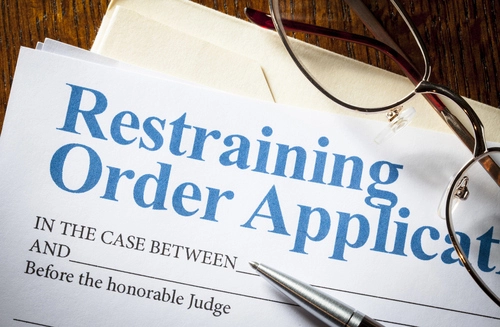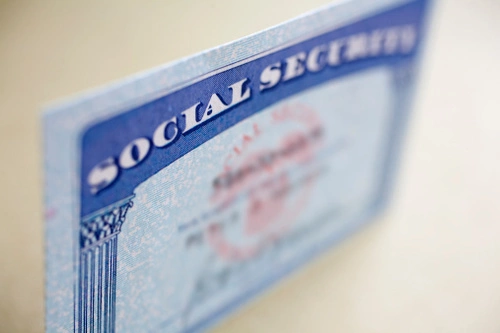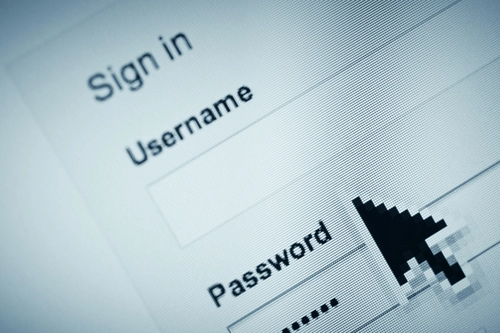1. Select a discrete app icon.

notes
How to Hide Your Address
Shielding your home address from your abuser is possible with a program available in 39 states
- May 18, 2016

In the Information Age, almost anyone can be a private investigator, including stalkers and abusers. It’s fairly simple for most anyone to find your address through online public records, such as driver’s license and voter registration databases. That’s why it’s important for survivors of domestic violence to consider keeping their personal information, particularly their home address, private. And before anyone gets any ideas, we should mention it’s illegal to report a false address to a public agency. Fortunately, in most states, you don’t need to skirt the law or be tech-savvy to protect yourself.
Address Confidentiality Programs
Thirty-nine states offer Address Confidentiality Programs to help protect the whereabouts of survivors of domestic violence, sexual violence and stalking. The programs assign survivors a legal substitute address—usually a P.O. box—they can use anytime a public agency requires an address. For instance, a P.O. box would appear on your license, car registration and voter ID card rather than your physical address.
Once you have a substitute address, all first-class mail would be forwarded from the P.O. box to your physical address. Each state’s program has its own eligibility requirements, but most require the applicant to be listed as a victim of a specific crime, be a state resident and have recently moved to an address unknown to his or her abuser. Advocates at domestic violence shelters and rape crisis centers can assist survivors in determining eligibility and applying for the program. Programs are offered in the following states:
Arkansas (driver’s license only): 510-682-7052
Delaware: 800-870-1790
Florida: 850-414-3360
New Jersey: 877-218-9133
Of course, signing up for an address confidentiality program doesn’t guarantee your abuser won’t find out where you live. It is only one step in reducing the risk of being located through public information. Taking other privacy precautions is important if you’re concerned about your safety at home, including:
Donate and change a life
Your support gives hope and help to victims of domestic violence every day.
- Not checking in on (or using) social media or allowing friends to tag you in posts that indicate your whereabouts.
- Taking a different route to school/work each day.
- Not giving out your address to anyone who doesn’t absolutely need to have it and who you trust implicitly.
- Changing your routine, such as your daily coffeehouse run or your favorite lunch spots.
- Telling your employer (if you feel comfortable) about your abuser so security staff can be on the lookout for him or her on campus and alert the authorities.
- Changing jobs, schools or phone numbers as necessary.
Your smartphone can also help keep you safe. Check out how in “Apps Designed to Keep You Safe.” Also be aware that your abuser may be able to install tracking apps on your smartphone without your knowledge, so consider reading “How to Spy Spyware on Your Phone.”
Looking for someone to speak with? Enter your location to find phone numbers for domestic violence experts in your area.
Have a question about domestic violence? Type your question below to find answers.








